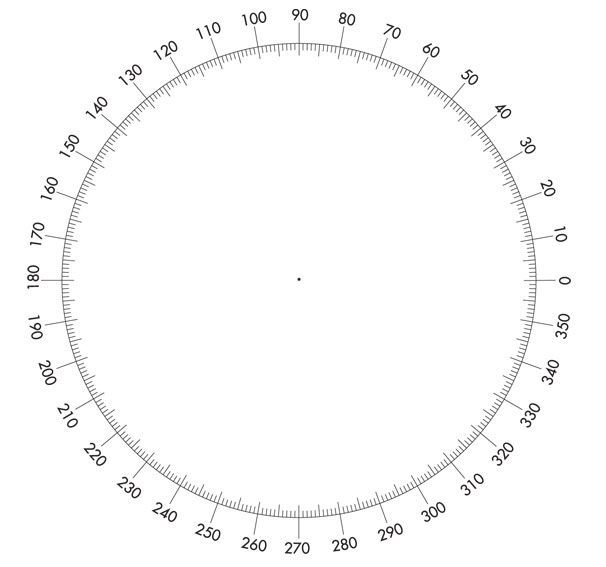Dear Australia, Maths.
- Jonno

- Feb 12, 2024
- 2 min read
I came across a fantastic paper published recently in the Centre for Independent Studies written by Toni Hatten-Roberts addressing maths in Australia. I’ll do my best to summarise the article below:
Australia faces a significant challenge in mathematics education, exemplified by a concerning decline in the number of senior students opting for advanced mathematics courses. A recent report by the Australian Mathematical Sciences Institute reveals a worrying trend, with a drop in Year 11 and 12 students enrolling in high-level mathematics subjects from 71-73% to a new low of 66% over the past decade. This decline not only jeopardises the future workforce but also underscores the urgent need to address mathematical proficiency among students.

A key factor driving students away from mathematics is the perception of difficulty and a lack of success in the subject. According to the Programme for International Student Assessment, Australian 15-year-olds lag behind their international peers in mathematical proficiency, with 46% failing to meet the national standard. This decline reflects broader pedagogical shifts prioritising conceptual understanding over procedural fluency.
Mathematical fluency, characterised by quick and accurate execution of mathematical operations, is foundational for higher-level mathematical skills. Unfortunately, Australian students often struggle with basic mathematical facts, hindering their ability to apply problem-solving and reasoning skills effectively. Mastery of fundamental concepts, such as multiplication tables, is crucial for future mathematical success.
The debate surrounding mathematical fluency often revolves around contrasting views on conceptual understanding versus procedural knowledge. However, research suggests that both are essential and complementary aspects of mathematical learning. Mathematical fluency is not merely about memorization; it facilitates efficient problem-solving and frees up working memory for complex tasks. By automating basic calculations, students can focus on building higher-order mathematical skills. Early mastery of foundational facts is critical for subsequent mathematical development.
To address the challenge of mathematical fluency systematically, Australia should consider implementing a universal screening tool, akin to the UK's Multiplication Tables Check. Such an assessment would enable early identification of students struggling with basic facts and facilitate targeted interventions to support numeracy development.
Enhancing mathematical fluency is paramount for improving educational outcomes in Australia. It's time to embrace evidence-based approaches and empower our students to excel in the ever-evolving landscape of mathematical knowledge.




Comentários